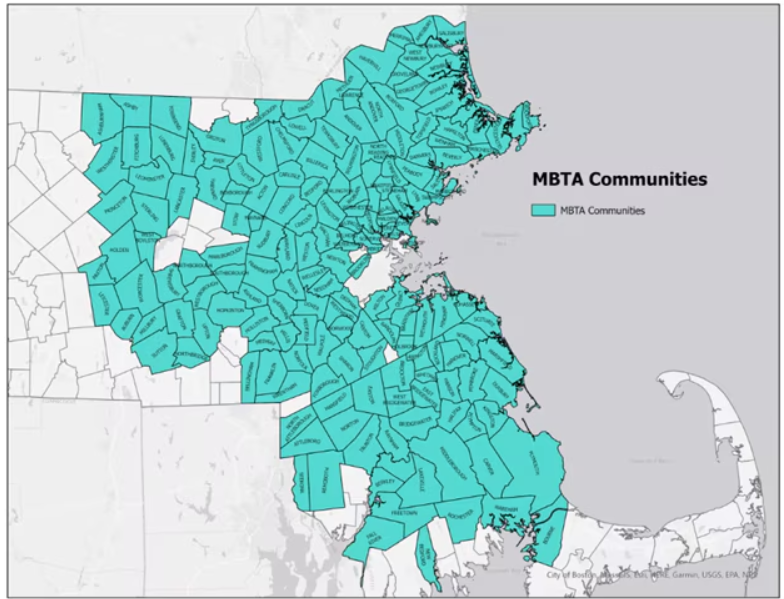A
Massachusetts Superior Court judge has ruled in favor of the state's MBTA Communities law, dismissing lawsuits from nine municipalities that sought to avoid complying with the law. The law requires cities and towns with access to public transit to adopt denser multifamily zoning to address the state's housing shortage.
The lawsuit was filed by towns such as Duxbury, Weston, and Hamilton, which argued that the law was an "unfunded mandate" due to potential costs related to infrastructure and public services. However, Judge Mark Gildea found that the towns failed to demonstrate a likelihood of winning their case, dismissing the lawsuits.
The MBTA Communities law applies to 177 cities and towns with access to MBTA rail or adjacent communities with rail access. Despite previous concerns from the state auditor's office, Secretary of Housing and Livable Communities Ed Augustus praised the court's decision, stating that it affirms the intent of the law to address Massachusetts' housing crisis.
Augustus emphasized that the law is working to deliver new housing near transit hubs and bring down housing costs for residents. Advocacy groups welcomed the ruling as a win for equitable housing development.
As of late May 2025, 133 out of 177 affected communities have enacted multifamily zoning, with over 4,000 new homes under construction due to the law. The ruling marks a significant step forward in Massachusetts' efforts to expand affordable housing and tackle its ongoing housing affordability crisis.















